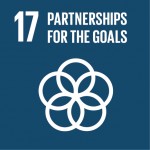For most of us, food waste is an everyday reality. Whether it is buying vegetables we can’t quite finish, or cooking too much pasta or rice, it is hard to avoid. At Champion Hill Residence, students have two great alternatives to throwing food waste in the general waste bin – and one of them involves some very interesting ‘pets’.

Composting bin
In September this year, the Champion Hill team sent out emails to new residents to see if anyone was interested in a food composting project. Since then, 22 kitchens signed up and picked up their food waste caddies – that’s 25% of residents! The composting bin is located in the courtyard of Beech block, and open at the bottom to make it possible for insects to get inside and help the composting process. And it’s not just for food waste: paper and cardboard make composting more efficient – and less smelly.
But, hidden from sight, there is another way of breaking down food waste: a Wormery. In a wormery, a colony of worms eats through the food waste. While it might not sound nice, worms are highly efficient at dealing with waste, and leave behind useful by-products in the form of fertiliser for plants. The residence’s Sustainability Champion Holly found out about wormeries while researching food composting, and loved the idea. At the moment, the Champion Hill wormery is home to around 480 red tiger worms – a number that is expected to increase rapidly once the worms start breeding in the warmer months.
They eat most things we eat: vegetables and fruit, peelings, bread, cake, and even pizza. To make sure they get a healthy diet, the team has placed a ‘worm menu’ next to the wormery (see picture). How quickly food waste is composted depends on the temperature: At the moment, worm activity is lower due to the cold, but activity and composting is expected to speed up when it gets warmer. And it turns out worms are not very demanding pets. Even though you do need to add a handful of lime mix every couple of weeks to prevent acid build-up (and to help the worms’ digestion!), once worms are fed they can be left alone for a few weeks.
The container is sealed, and liquid can be taken out through a tap at the bottom, which prevents the nasty smells we often associate with composting bins. This liquid is also rich in nutrients. Diluted, it can be sprayed onto plants as fertiliser.
And much like in conventional composting bins, the solid material worms leave behind can also be used to fertilise plants. Both the composting bin and wormery are relatively new, but once the fertiliser from both of them is ready in the spring/summer, the Champion Hill team plans to make the most of it.
One idea is to set up a herb garden in the residence, making the space more interesting for students, as well as adding to the biodiversity of the courtyard. If you have been at Champion Hill recently, you will have seen the early stages of this project. As a university, we are constantly working on improving our environmental footprint. Efforts such as the food composting projects by the Sustainability Champion Holly and the rest of the Champion Hill team are an excellent example of how this can be achieved through new and sometimes unusual ideas.
Resident at Champion Hill and want to compost food waste? Make sure you know what you can and cannot dispose of at Champion Hill by contacting the residence team. The composting bin is located in the courtyard of Beech block. The wormery is not directly open to students to make sure the worms get the correct diet, but food waste from participating kitchens is taken there by staff.

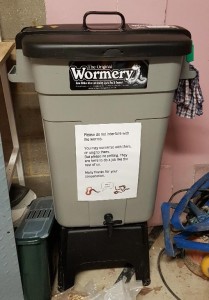
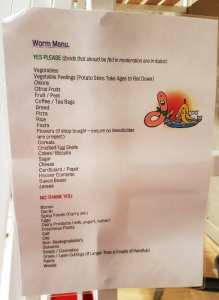
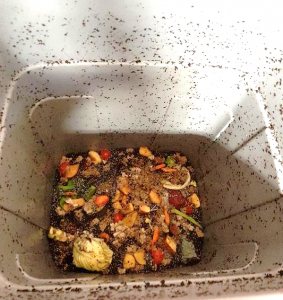
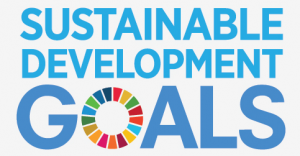 The conference started with a keynote speech by Amanda MacKenzie OBE, who highlighted the importance of getting everyone involved. When the SDGs were unveiled, she ran a campaign to get word about them out there. One of the key messages of this was the importance of using simple language everyone understands. This is why she refers to the goals as Global Goals rather than SDGs, claiming the term SDGs “sounds like something you would see your doctor about”. By calling them the Global Goals and making them accessible, we should be able to take millions of small, simple actions, together adding up to significant change.
The conference started with a keynote speech by Amanda MacKenzie OBE, who highlighted the importance of getting everyone involved. When the SDGs were unveiled, she ran a campaign to get word about them out there. One of the key messages of this was the importance of using simple language everyone understands. This is why she refers to the goals as Global Goals rather than SDGs, claiming the term SDGs “sounds like something you would see your doctor about”. By calling them the Global Goals and making them accessible, we should be able to take millions of small, simple actions, together adding up to significant change.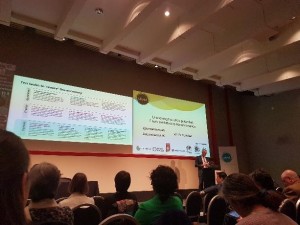
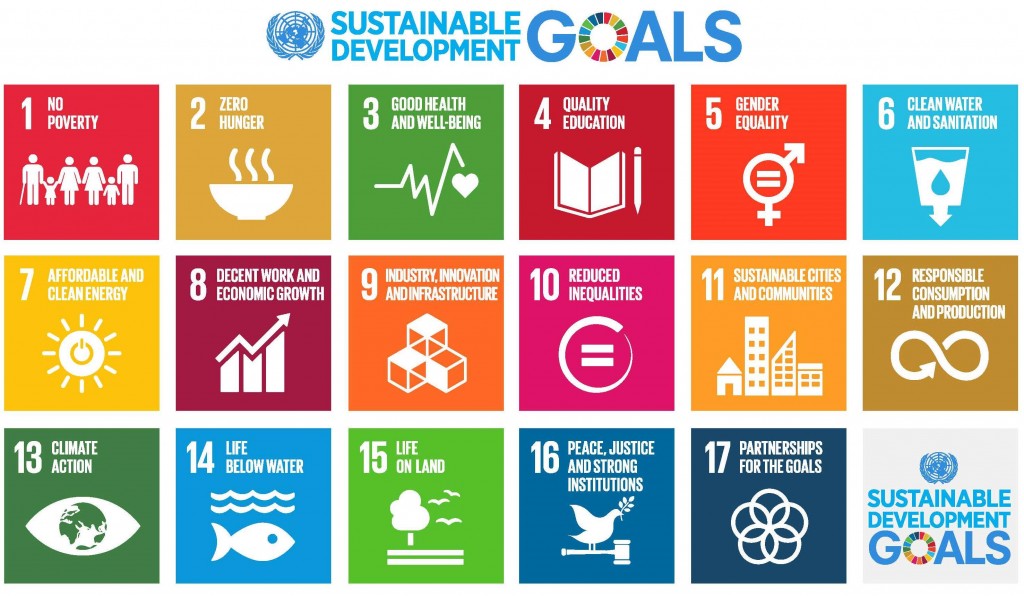
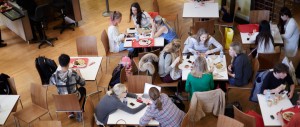


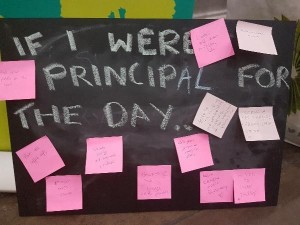
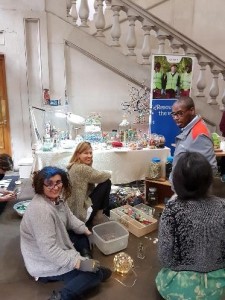
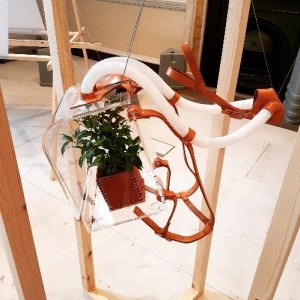
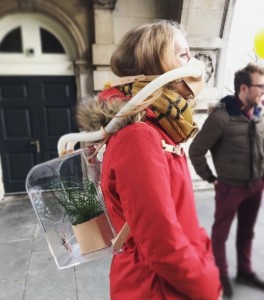
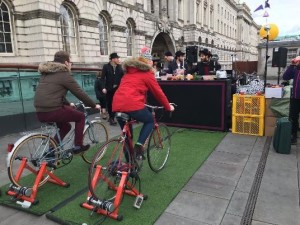



 and qualitative measures developed at the GCSO institutions. This way, universities can ensure that operations and users of buildings do not experience any negative impacts as a result of the “experiment”.
and qualitative measures developed at the GCSO institutions. This way, universities can ensure that operations and users of buildings do not experience any negative impacts as a result of the “experiment”.